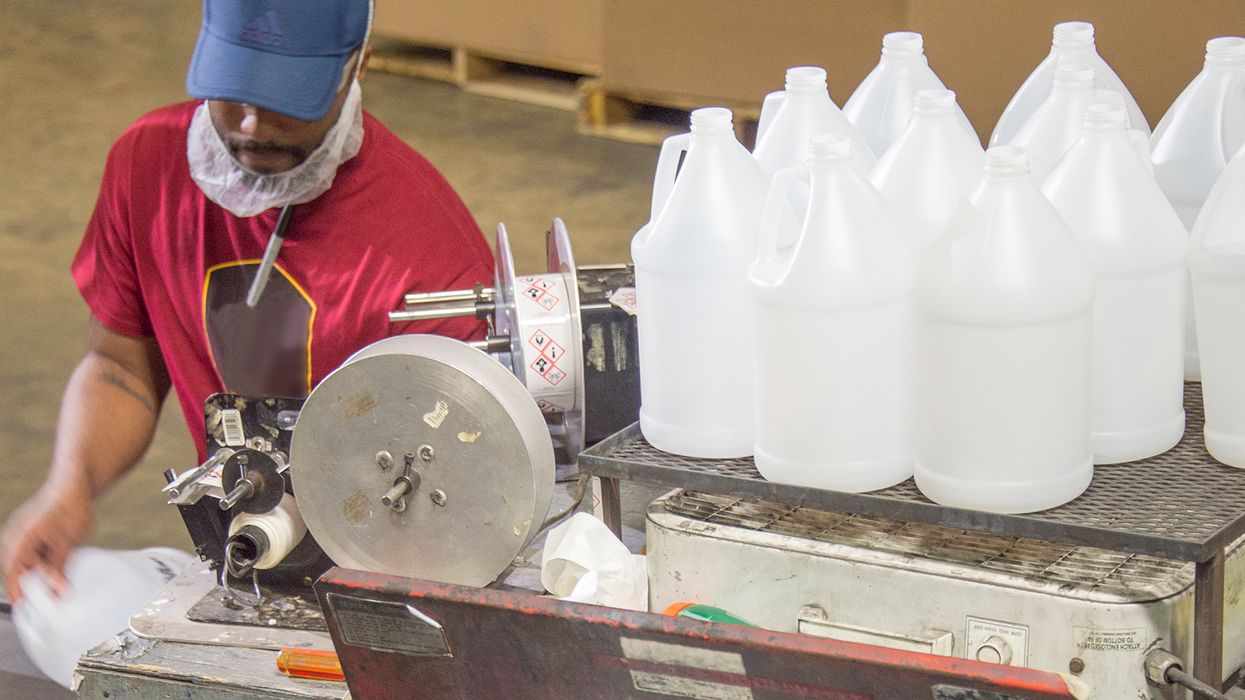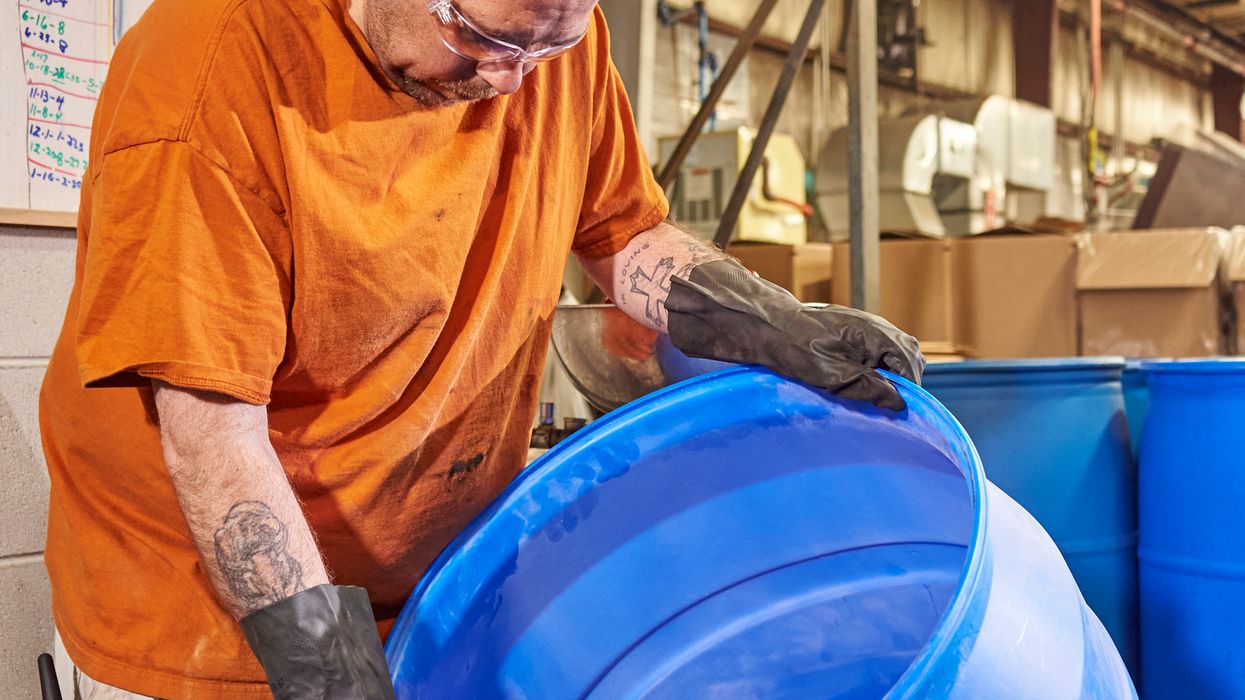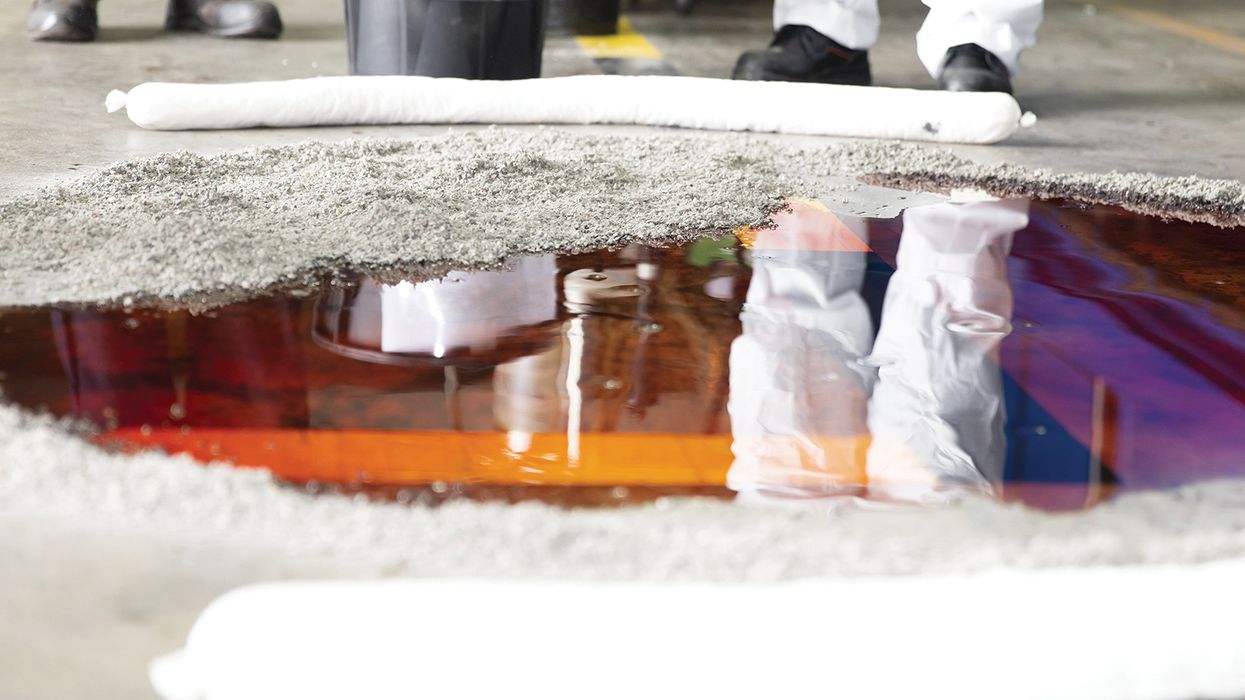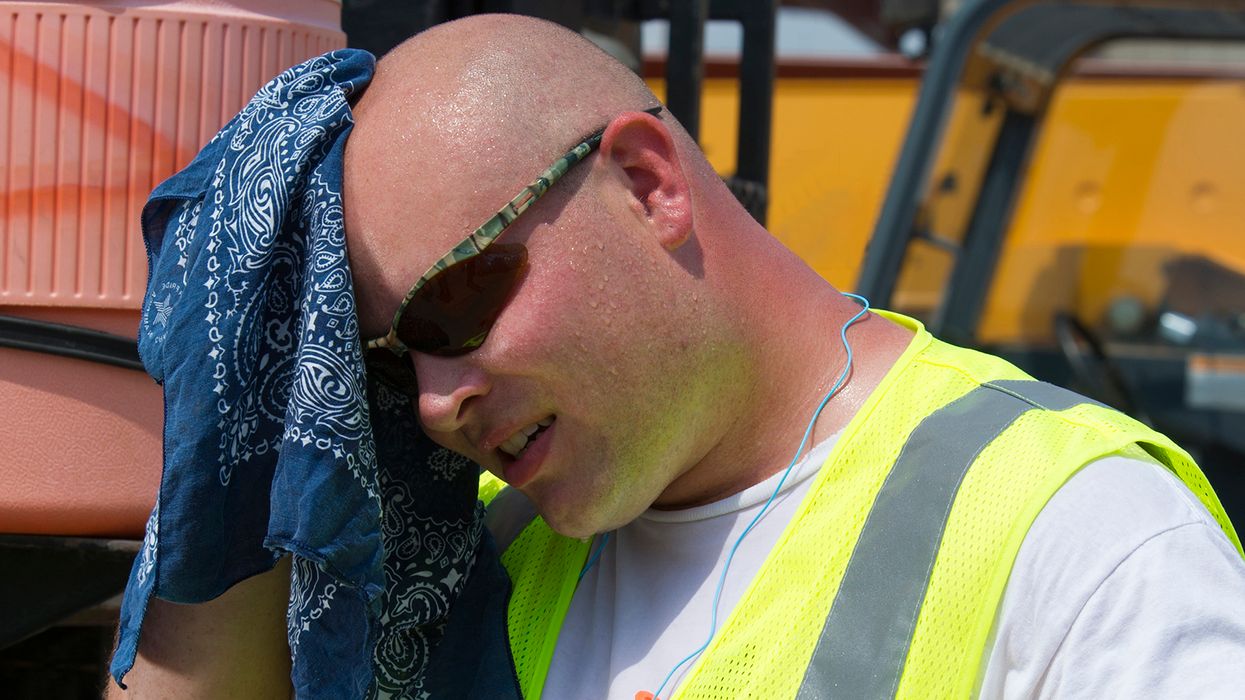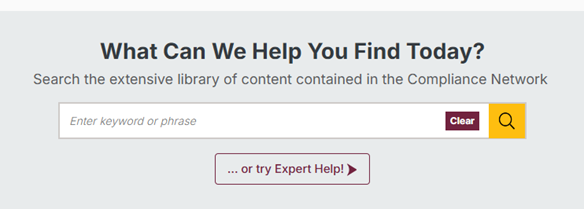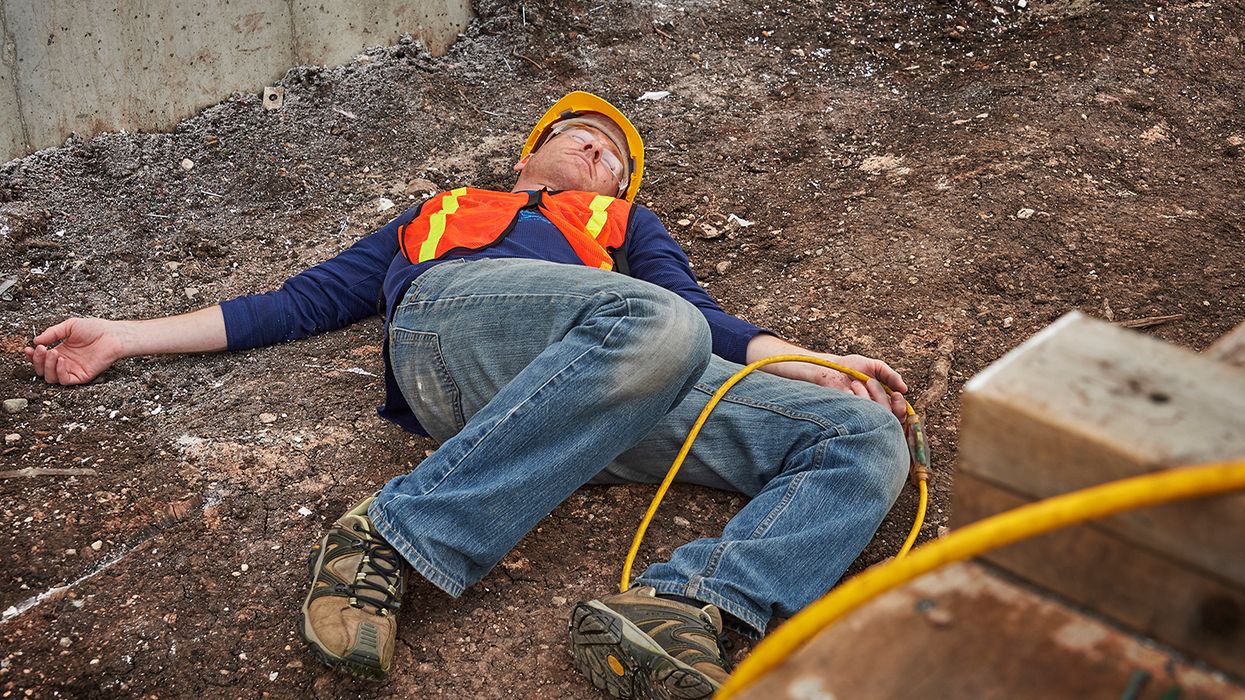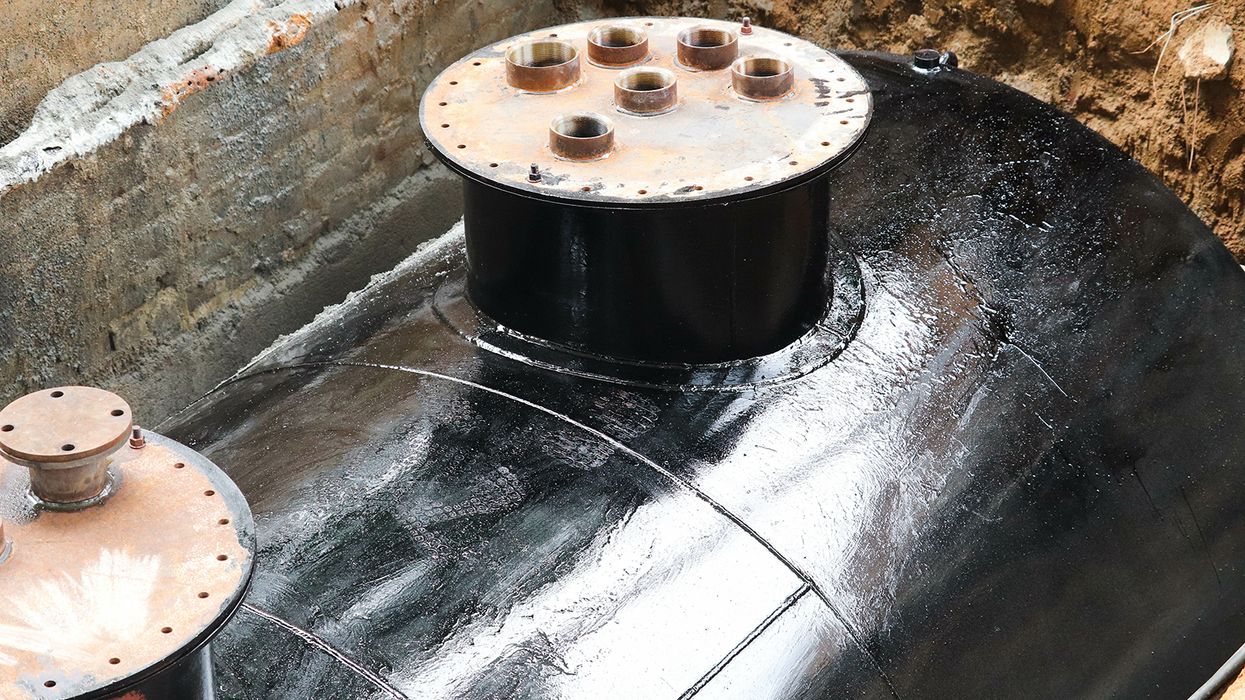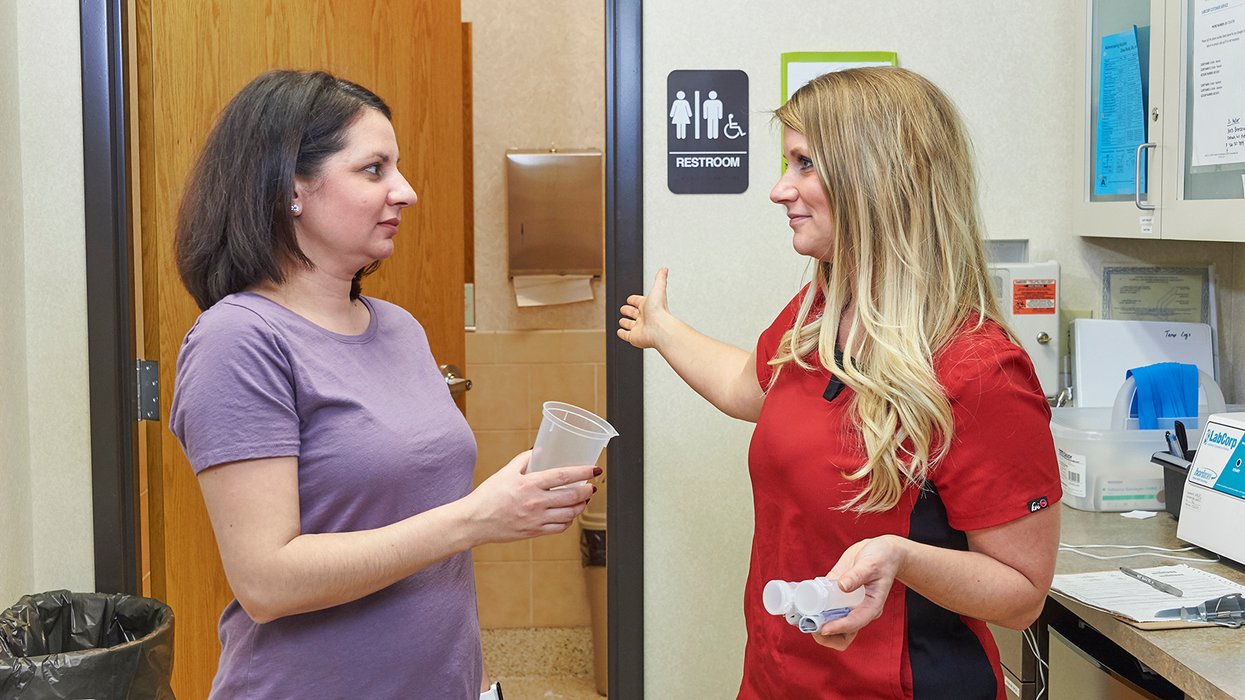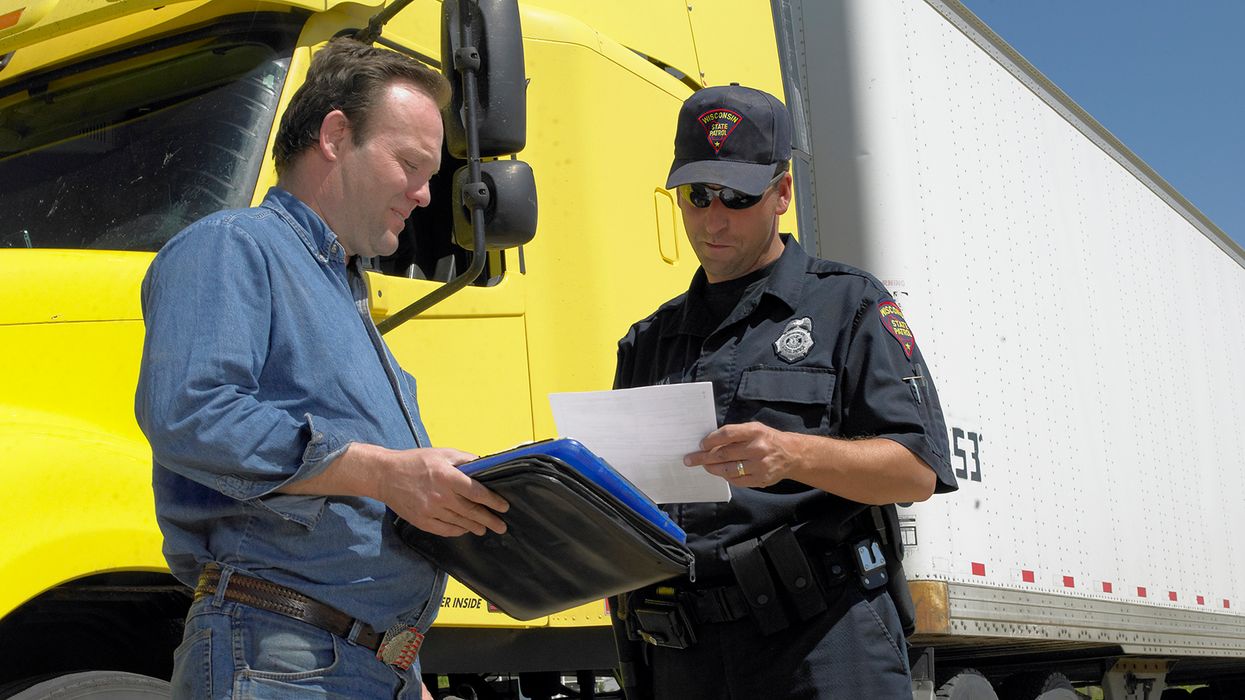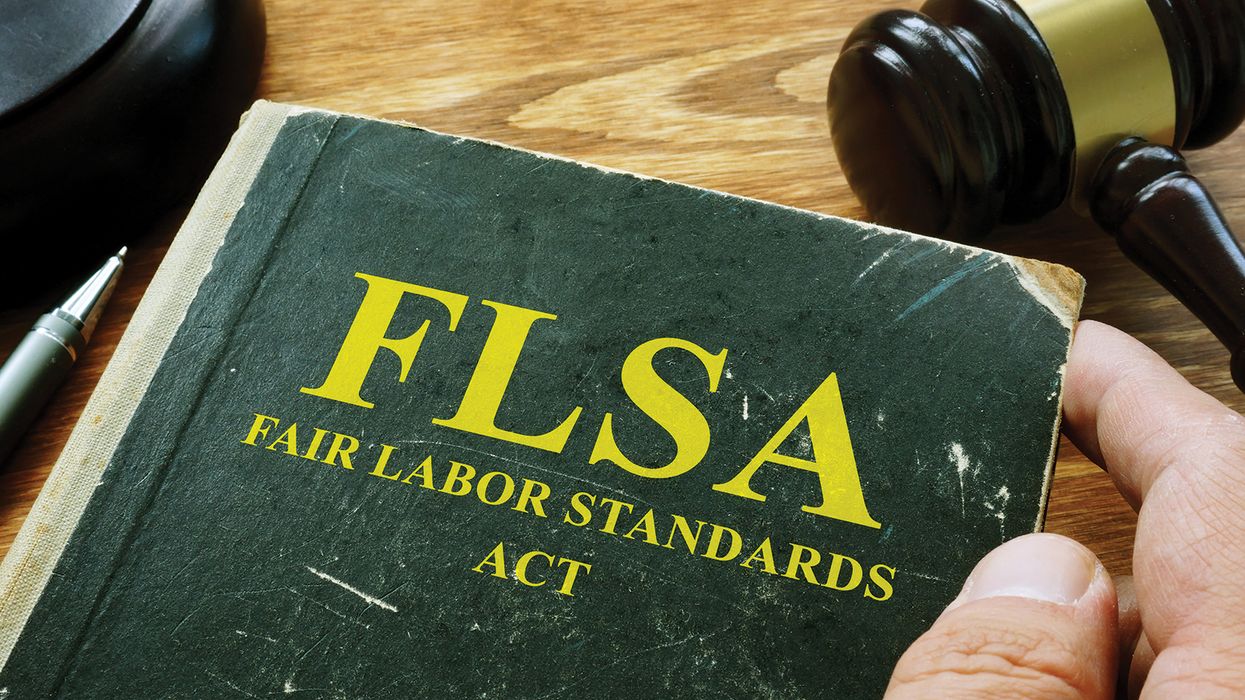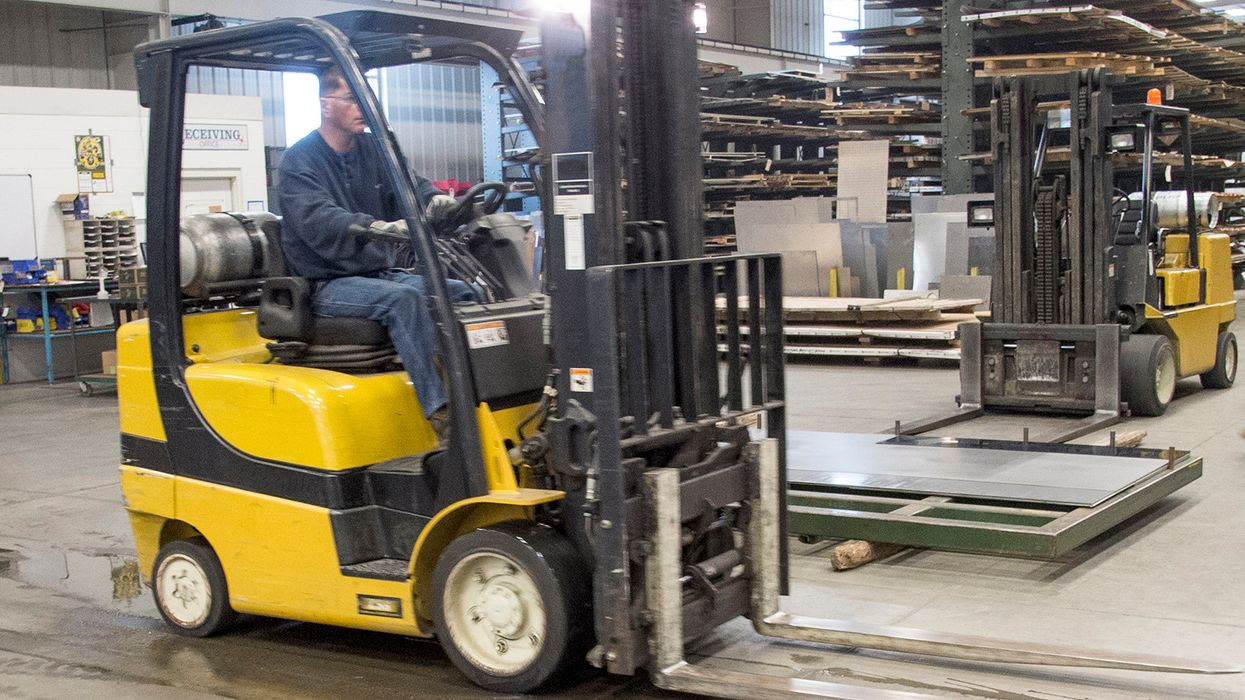Be cautious when diving into a drug testing pool
Pools always require a degree of caution, whether you’re using one to cool off or to help ensure workers stay free and clear of drug use.
A workplace drug testing pool is very different than the backyard variety, of course, and it might come with its own set of rules. Those rules can be very detailed, and failing to follow them has consequences, as an Iowa employer learned when an employee challenged a drug test.
Improper pool construction
In a recent case, the Iowa Supreme Court ruled that an employer violated the state’s drug testing law because it did not properly create a drug-testing pool.
Few states regulate drug testing as strictly as Iowa. Employers testing in the state must follow the state's law unless they are required to follow federal drug and alcohol testing regulations that cover employees doing safety-sensitive work, such as certain truck drivers.
For tests conducted under the state’s comprehensive drug testing law, employers must use one of three methods to create an employee testing pool for an unannounced drug test.
One method uses a pool comprised of the entire population of employees at a work site, except for those:
- Not subject to testing because of a collective bargaining agreement;
- Who are not scheduled to be at work at the time the testing is conducted because of their status; or
- Who have been excused from work pursuant to the employer’s work policy before the testing is announced to employees.
Testing troubles
For the company’s random test, a list of all active employees was used. From this list, a computer-based random generator produced a testing list of 15 employees and eight alternates. If an employee selected for the test was not at work on the day the test was given, an alternate was selected.
One of the alternates subject to testing provided a urine sample that was outside of the acceptable temperature range. The employee was directed to provide another sample, but the sample wasn’t large enough for testing.
The employee waited at the worksite for a time and then told the company’s human resources director he was leaving to take care of a sick child. He was warned that he would be fired if he left. He left the area and was later fired.
The employee filed a lawsuit claiming that the employer’s testing pool did not meet state requirements.
Strict state standards
The employer argued that because no employees who were not scheduled to work could have been tested, it substantially complied with the state law and the pool met requirements.
The court ruled, however, that the company’s testing pool didn’t meet the law's standards. The law places limits on how the testing pool can be constructed, and to substantially comply with the law the company would have had to make an effort to properly create the testing pool.
It fell short because its testing pool consisted of all active employees in the company, and didn’t exclude employees who were not scheduled to be at work when the test was conducted or who had been excused from work under the employer’s work policy.
Compliance with the law would have required the employer to compile a list of employees who were scheduled to work on the planned testing day. That list could have been the testing pool, and names could have been randomly selected from that list.
Because the company didn’t substantially comply with the law and make reasonable efforts to ensure that the pool was constructed properly, the court found in favor of the employee.
State laws vary
Most states don’t have drug testing laws that are as detailed as Iowa’s, and some states don’t have any drug testing laws at all. In those states, employers may determine how the selection pool is created. Having this outlined in a workplace policy allows for consistency and can help avoid the claim that a test was conducted in a discriminatory manner.
Key to remember: In all cases, employers should pay attention to the details of state regulations that impact employee drug testing. In some states, such as Iowa, drug testing must be very carefully conducted to avoid violating state law.
Scott Hampe vs. Charles Gabus Motors, Iowa Supreme Court, No. 22-1599, April 11, 2025.



























